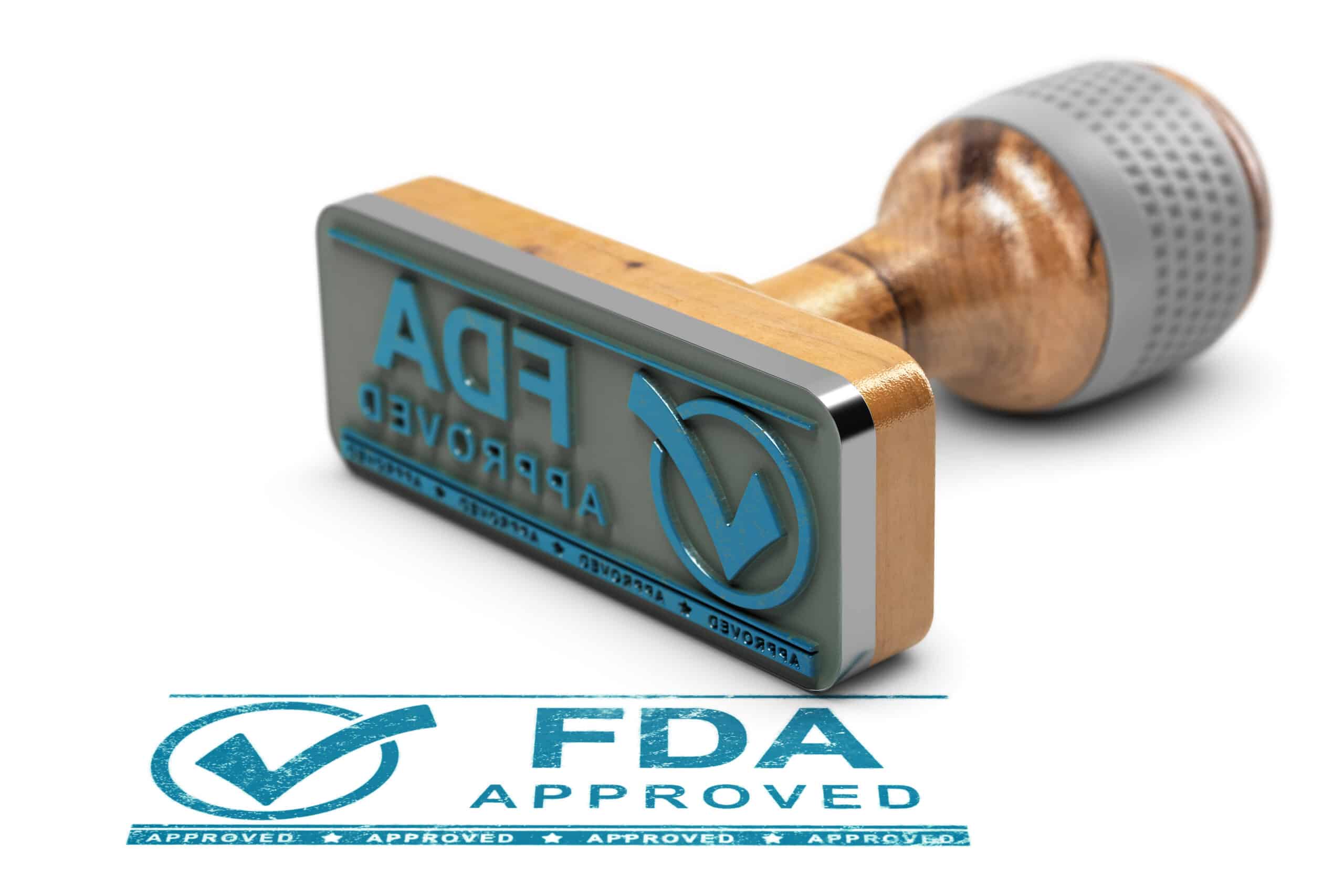The Micra AV device is being described as one of the world’s smallest pacemakers that is designed to be placed entirely within the right ventricle of the heart and be attached to the muscle wall using small tines, which can be implanted via a catheter in a minimally invasive procedure compared to larger traditional devices that are typically embedded under the skin near the collarbone that need to be connected to the organ with electrical leads.
This device is based on the previously approved Micra transcatheter pacing system for treating bradyarrhythmia, being similar in size and shape but built for those with atrioventricular blockage which occurs when electrical signals from the upper heart atria have issues reaching the lower pumping ventricles.
The new tiny wireless pacemaker includes an internal sensing algorithm and accelerometer to detect movement of the muscle with every heartbeat, and allows for the device to adjust its electrical pacing to synchronize with the chambers of the heart. Training medical field personnel and physicians on their device is set to begin with plans to launch at select centers in the upcoming weeks before moving to a full rollout of the technology in the spring of 2020.
“The introduction of Micra AV reinvents our own innovation, bringing the many benefits of leadless pacemakers to more patients,” said Rob Kowal, chief medical officer and vice president of medical affairs for Medtronic’s cardiac rhythm and heart failure division.
FDA approval was obtained after a successful clinical study evaluating the device’s motion based sensing algorithms and ability to detect atrial contractions as well as coordinate pacing in which findings showed that 95% of the participants demonstrated 70% or greater atrioventricular synchrony with the treatment; according to the company the implant was previously shown to have 99% success rates with 63% less major complications than that of traditional pacemakers.




